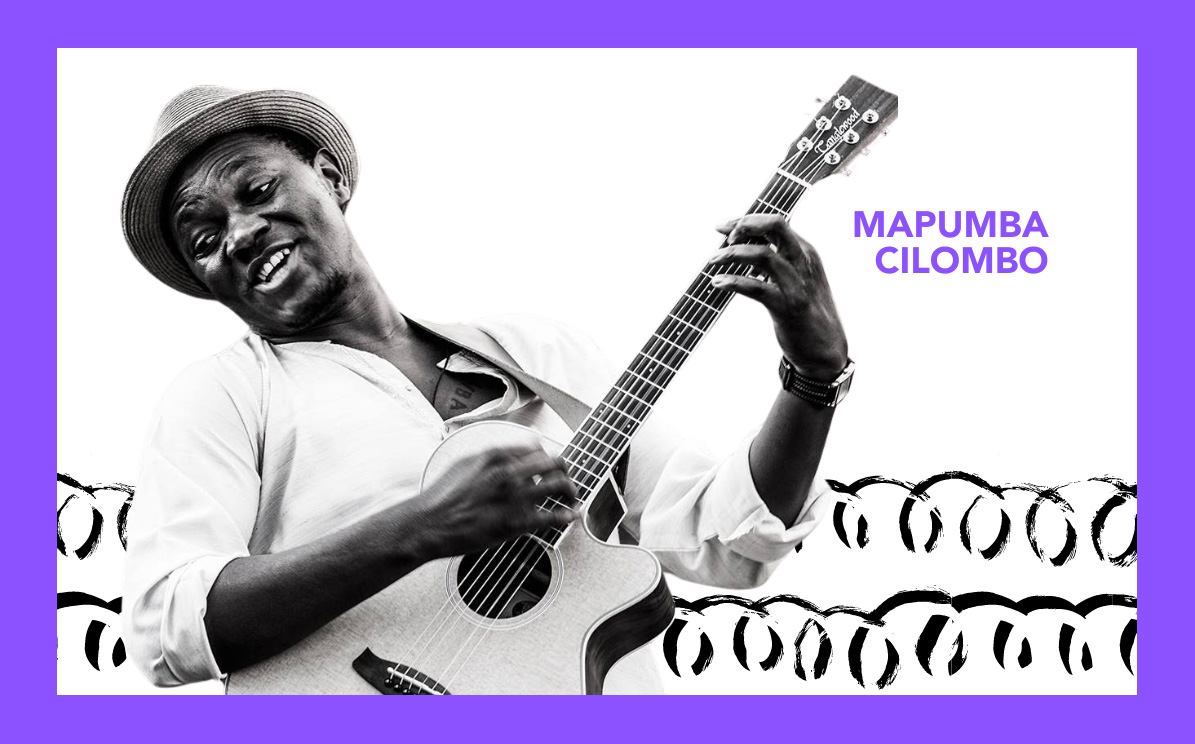For episode three of our podcast ‘Express Change’, we spoke with Mapumba Cilombo, a musician originally from Kolwezi in the Democratic Republic of Congo, who lives and works in South Africa. The conversation was very warm and uplifting, Mapumba came across as someone I’d like to have as a friend: a shiny, open, kind person who speaks from the heart.
One of the key things that emerged is the healing power music has when people play, sing and experience it together. In Germany, where I am from and where I live, we don’t really have that anymore. We may used to have it, but it’s gone now. There are very limited occasions when Germans do sing together — some still do it at church, there are the fans’ chants in the football stadium, and some people sing along at concerts with their favourite artists. But as far as I can see, that’s about the extent of it.
Not so where Mapumba comes from:
Congo is a very celebratory country — things happen around music, music is around culture. You sing at funerals, you sing at birthdays, you sing at weddings. When a child finishes high school, everybody sings. And when you get home and mommy is happy, you hear her singing. And when you hear her sad, you hear her singing.
Mapumba Cilombo about singing and music in his home country
And then there is another thing that he said about the way music works on us, and with us, in ways that other types of art cannot quite do:
There’s a lot that gets said when I can sing in your presence, there’s a lot that gets said without having to be said. There is less to explain about how you’re feeling.
Mapumba Cilombo
In German culture, music is fairly omnipresent. It’s coming from loudspeakers, people blast it on their headphones, it’s in advertising everywhere — but what’s very noticeably absent is collective music-making. Sure, some people play in orchestras, some play in bands, some sing in a choir. But in everyday life, jointly making music does not really exist.
So it made me think: What would happen to all these divides that we keep talking about across our societies if we had more music-making in our lives?
Let’s take a very extreme example, one that is fun to think about: What would our political debates on TV look like if the members of the different parties or interest groups made music together first? If they played and sang a song, or got down to boogie on some beats?
Would they still talk to each other the way they do? Would they still fight the way they do?
